-
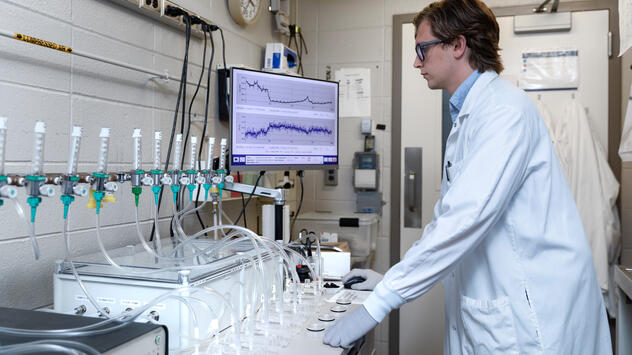
Studying gut health and disease
Dr. Grover's lab studies the cells and mucus that line the intestines — the gastrointestinal barrier — as well as microbiota, the microscopic organisms that live in each person's gut.
-
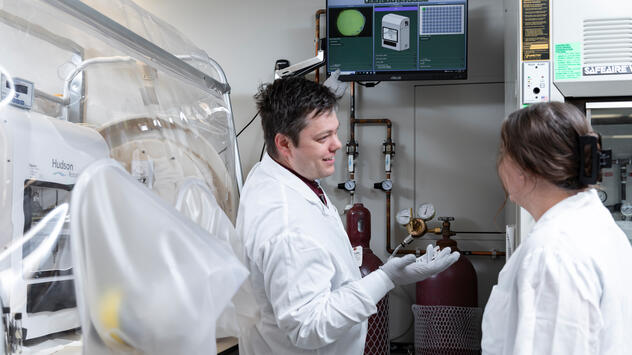
A dynamic research team
Dr. Grover leads a talented group of multidisciplinary experts from around the world.
-
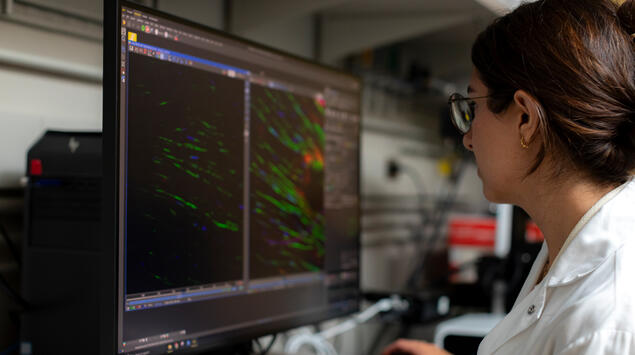
Basic and translational science training
The Grover lab offers education and training opportunities for undergraduates, graduate students and postdocs.
-
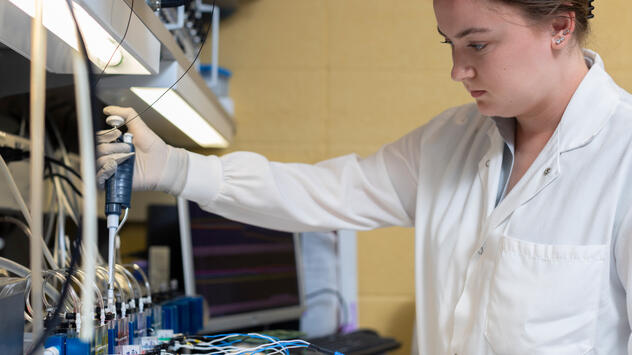
Gastrointestinal clinical trials
Dr. Grover's lab conducts clinical trials for people with irritable bowel syndrome, gastroparesis and functional dyspepsia. The lab also participates in multicenter clinical trials.
-
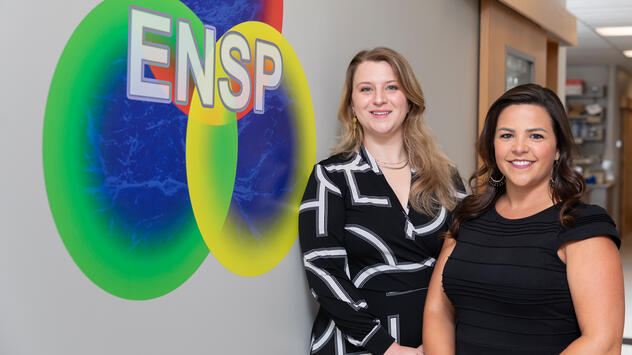
Team science to drive discovery
The lab, which is part of Mayo Clinic's enteric neuroscience research group, collaborates with researchers across Mayo and around the world.
Overview
The Mayo Clinic Gastrointestinal Barrier Function Laboratory studies the layer of cells and mucus that line the intestines — the gastrointestinal barrier — and the microscopic organisms, also called microbiota, that live in each person's gut. The lab studies the roles and functions of the gastrointestinal barrier and microbiota in irritable bowel syndrome (IBS) and other diseases and conditions that involve interactions between the gut and the brain. The lab also develops and tests new and unique targets to treat these conditions.
The Gastrointestinal Barrier Function Laboratory is led by Madhusudan Grover, M.B.B.S., with funding from the National Institutes of Health (NIH).
IBS after Campylobacter jejuni infection
IBS can start after intestinal inflammation from infection with a bacteria called Campylobacter jejuni. The Grover lab studies how the gastrointestinal barrier and the gut microbiota are involved in this process. The lab also studies interactions between C. jejuni and the person who has the infection.
Dr. Grover's team seeks to:
- Better understand what happens in people's bodies when they have IBS after C. jejuni infection, and why.
- Lay the foundation for identifying people who are at risk of getting IBS after a C. jejuni infection.
- Develop interventions to decrease the number of people who develop IBS after having a C. jejuni infection.
- Find effective treatments for people who have developed IBS after having a C. jejuni infection.
Protease regulation in IBS
Dr. Grover's lab is investigating the role of intestinal enzymes called proteases in the development of IBS. The lab also studies how the body regulates the activity of proteases in the intestinal tract. The research team has already discovered a previously unknown way that the body uses microbiota to slow or control protease activity in the gut. This research is paving the way for microbiota-based treatment strategies for patients with IBS.
Diagnostic tools
Dr. Grover's research team is developing new tools to assess in vivo intestinal permeability and ex vivo mucosal barrier function. These tools will contribute to better diagnoses and more-effective treatments.
Upper gastrointestinal disorders
Dr. Grover's lab studies how the structure and function of the organs change in upper gastrointestinal disorders such as gastroparesis and functional dyspepsia. The lab uses state-of-the art physiological and molecular studies to identify molecular targets for treating these disorders.
This project is part of the NIH-funded Gastroparesis Clinical Research Consortium. Dr. Grover co-directs this research with Gianrico Farrugia, M.D.
Also, the lab conducts clinical pharmacodynamics and pharmacokinetic studies — among other clinical trials — on functional dyspepsia and IBS. The goal of these studies is to provide in-depth, individualized clinical phenotyping of patients who have diseases or conditions involving interactions between the gut and the brain.
Affiliations
Dr. Grover's lab is affiliated with several Mayo Clinic research areas: